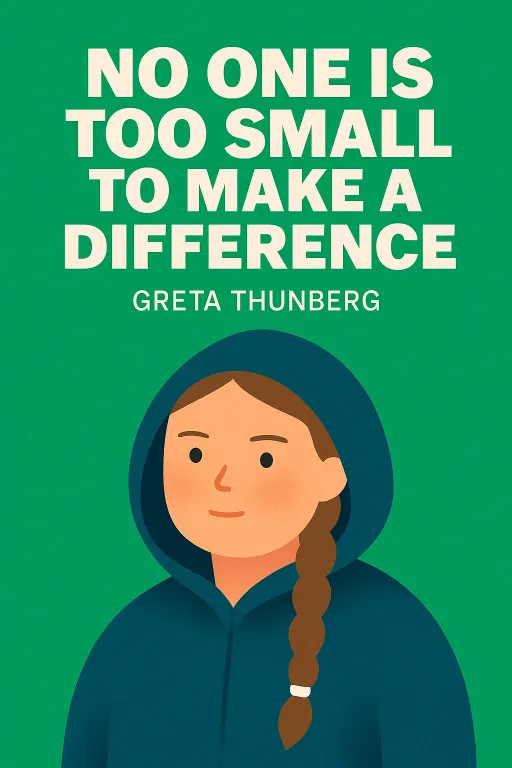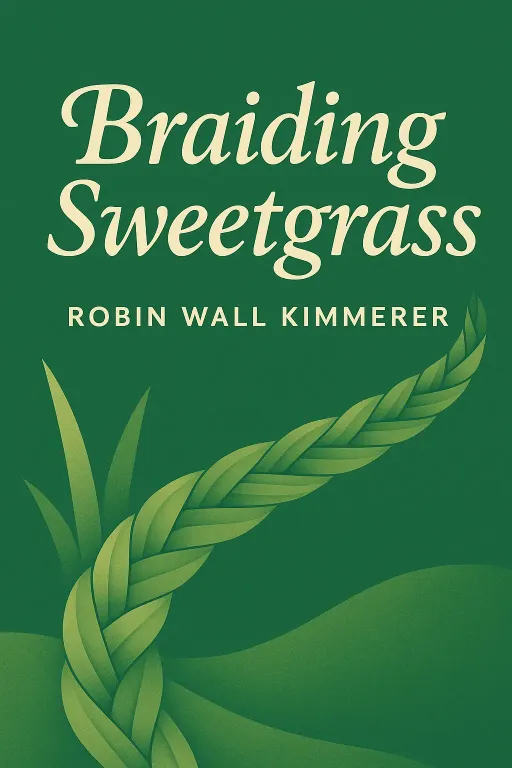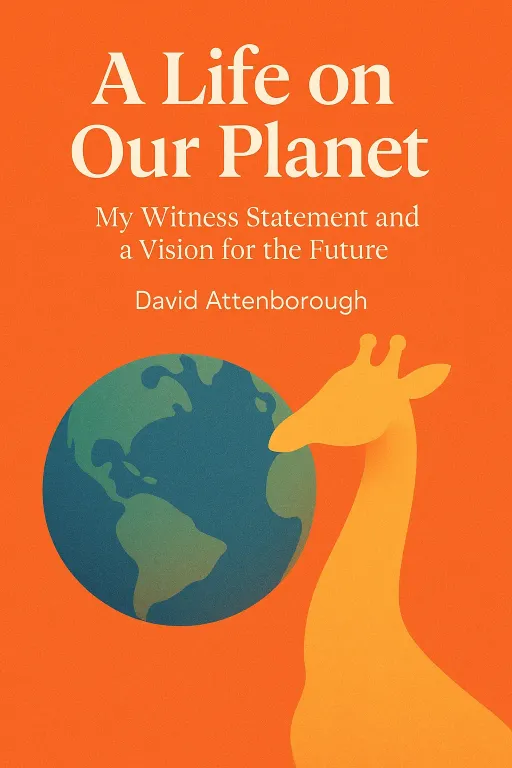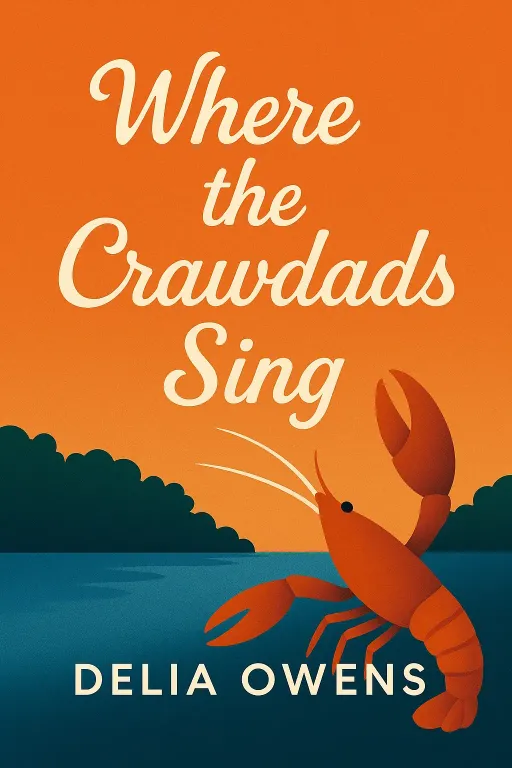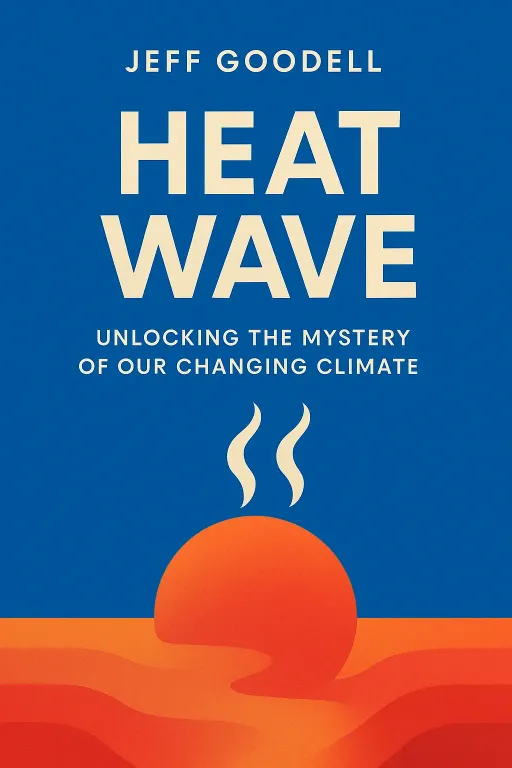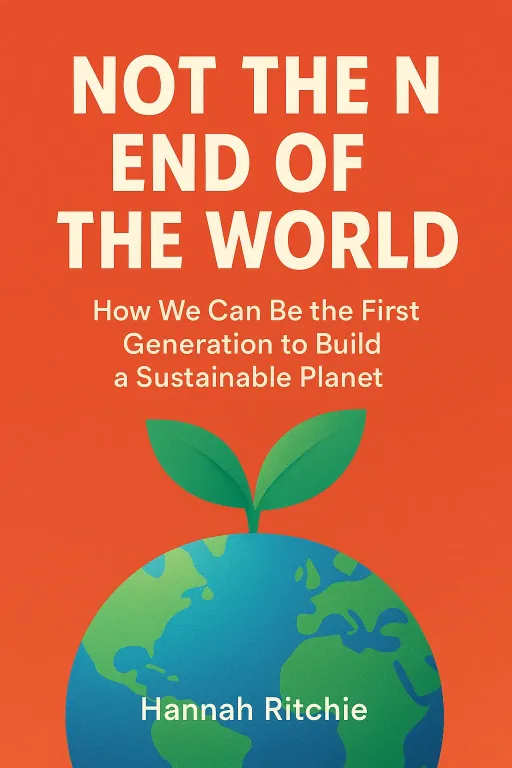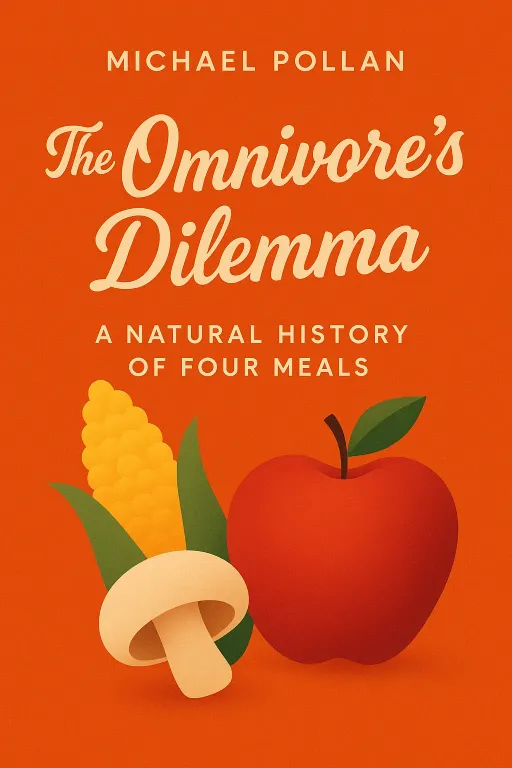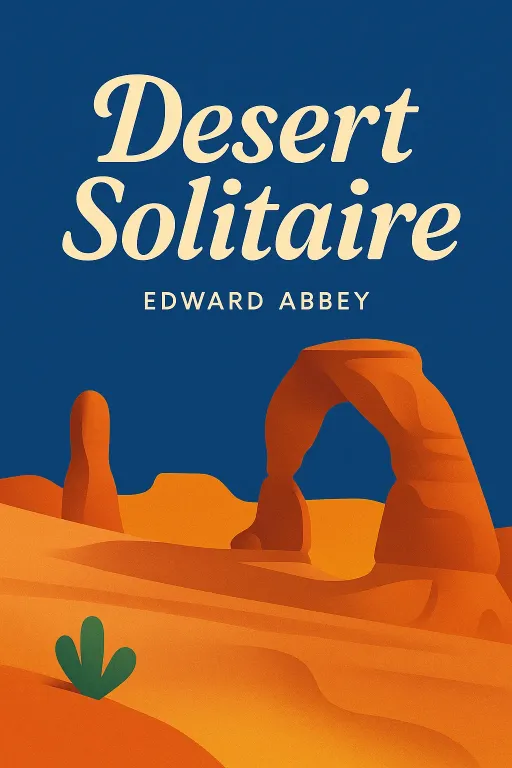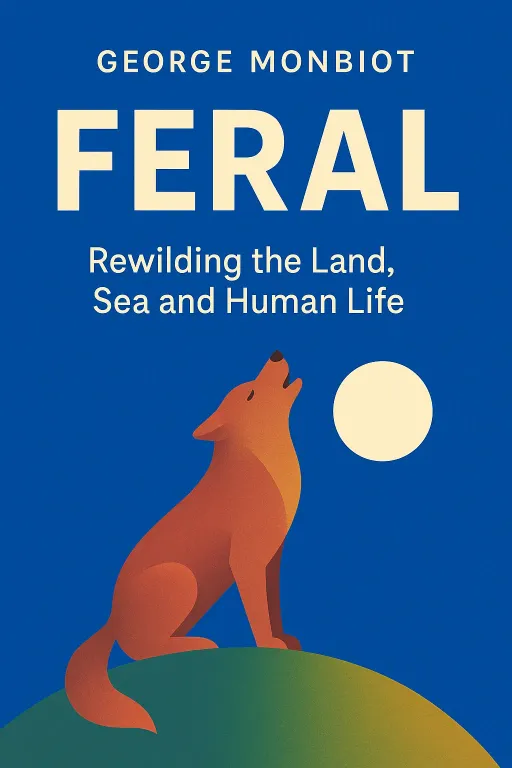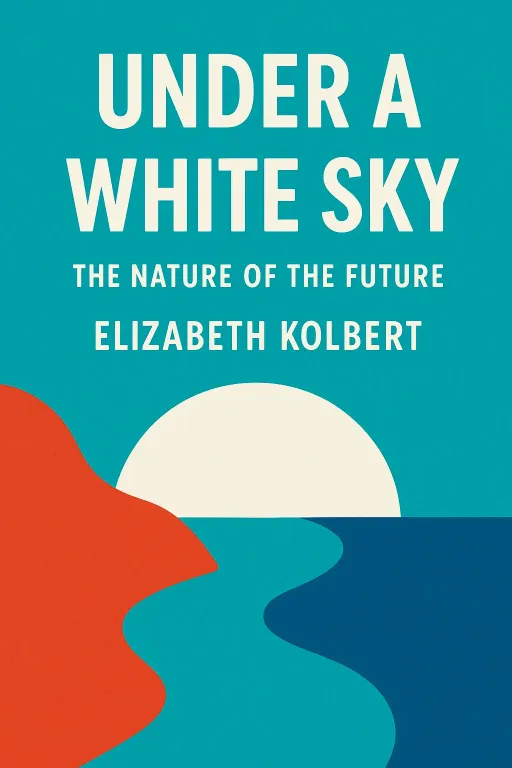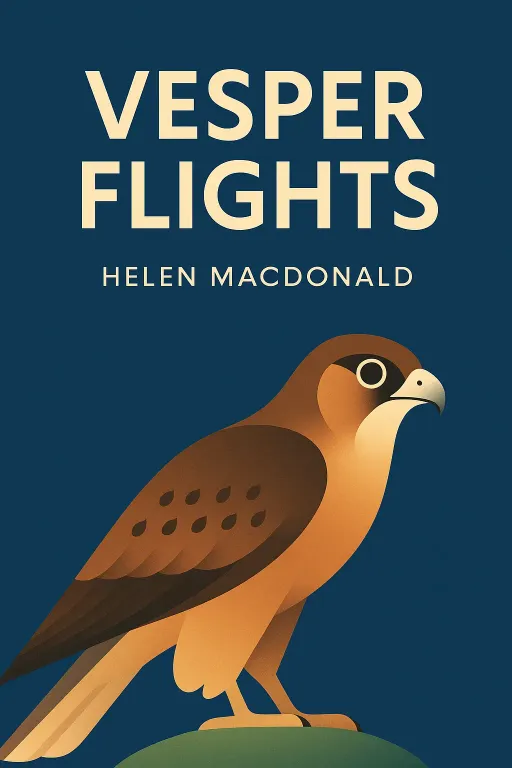
A Cabinet of Hope and Wonder
13 minGolden Hook & Introduction
SECTION
Mark: Okay, Michelle. Vesper Flights. Five-word review. Go. Michelle: Hmm. 'Birds, grief, politics, wonder, hope.' Yours? Mark: I'll go with: 'The world is beautifully complicated.' Michelle: That's six words, Mark. Typical. Mark: Artistic license! But it gets to the heart of it. Today we’re diving into Vesper Flights by Helen Macdonald. And for anyone who loved her previous, widely acclaimed book H is for Hawk, this is both a continuation and something entirely new. Macdonald isn't just a writer; she's a naturalist and an affiliated research scholar at Cambridge's Department of History and Philosophy of Science, which is absolutely key to understanding her approach. Michelle: Right, she’s not just describing a bird, she’s dissecting our entire history with it. It’s what makes these essays so dense and fascinating. But honestly, reading it felt less like a single book and more like wandering through a strange, beautiful, and slightly chaotic museum. One minute you're reading about mushroom hunting, the next about a refugee's journey, then a story about a solar eclipse. What holds it all together?
The Cabinet of Wonders: Seeing the World Anew
SECTION
Mark: That's the perfect question, because that's exactly what she wants you to feel. In the introduction, she says she designed the book to be a Wunderkammer—a cabinet of curiosities. Michelle: A Wunder-what? Mark: Wunderkammer. It was a Renaissance-era concept. Wealthy collectors would fill a room or a cabinet with all sorts of disparate objects—a strange seashell, a piece of Roman sculpture, a taxidermied bird, a weird scientific instrument. The point wasn't to create a neat, orderly exhibit, but to put these things together to spark wonder and force you to see unexpected connections. Michelle: Okay, so it’s like a curated, intellectual curiosity box. You put a bird's nest next to a story about a Cold War radio signal and see what sparks fly in the reader's brain. Mark: Exactly. And she does this brilliantly. Take her essay "Nothing Like a Pig." It starts with a simple premise: her boyfriend takes her to see a wild boar kept in a woodland enclosure. She's expecting, well, a pig. Michelle: A big, hairy pig. Makes sense. Mark: But when the boar finally emerges from the trees, her first thought is a jolt of shock. She writes, "It’s nothing like a pig!" It's this ancient, muscular, intelligent creature. It's not farm animal. It's something else entirely. The gamekeeper lets her touch its back, and she describes the bristles as being like "a yard brush made of wire." She feels this immense power, this coiled aggression, and then, just as suddenly, the boar wanders off and rolls on the ground in what looks like pure bliss. Michelle: Wow. Wait, she touched it? I would not have touched it. Mark: She did! And that moment shatters her expectations. The boar isn't just an animal; it's a living piece of mythology, a creature from medieval literature that has suddenly appeared in the modern English countryside. And that encounter forces her to confront her own place in the world. She quotes this incredible line: "And being considered by a mind that is not human forces you to reconsider the limits of your own." Michelle: That line is fantastic. It’s not just about seeing the animal, it’s about the animal seeing you. It’s a two-way street. It makes you feel small, in a good way. It reminds you that the world isn't just about us. Mark: Precisely. And that's the Wunderkammer effect. She places this deeply personal, almost primal encounter with the boar right next to discussions about the very modern, political problem of reintroducing wild boars in Britain—the conflicts with farmers, the debates in the local papers. She connects the mythic to the mundane, the ancient to the present. Michelle: So the 'wonder' comes from realizing these things aren't separate. The boar in the forest is the same boar they're arguing about in the town hall meeting. It’s all one big, complicated story. Mark: Yes. And she argues that we need both science and literature to understand it. Science gives us the data—boar population statistics, their impact on the ecosystem. But literature, and stories like this one, communicate what that actually means, what the loss or return of such a creature feels like. It’s about restoring the qualitative texture of the world.
The Politics of Paying Attention: Who Owns Nature?
SECTION
Michelle: Okay, I can see how that creates a richer view of the world. But you mentioned politics in your five-word review, and that's a thread that really surprised me. I mean, how can something as simple as watching birds be political? It feels like the most neutral hobby in the world. Mark: That's a very common assumption, and Macdonald blows it right out of the water. She argues that how we look at nature, who gets to look, and what we consider 'proper' looking—it's all steeped in class, history, and power. Michelle: Come on. Really? My grandpa puts out a bird feeder. I don't think he's making a political statement. Mark: Maybe not consciously, but Macdonald would say the whole context is political. She has this brilliant essay called "Birds, Tabled" where she contrasts two very different bird-centric events. First, there's the "Bird Fair," which is this huge, prestigious, almost corporate event for birdwatchers. It's full of people in expensive hiking gear, with thousand-dollar binoculars and telescopes. And the funniest part? There are almost no actual, living birds there. It's all about the gear, the conservation charities, the performance of being a serious birder. Michelle: Right, it's about the hobby of birding, not necessarily the birds themselves. I can see that. So what's the contrast? Mark: The contrast is a local "bird show" she goes to with her boyfriend, who's a birdkeeper. This is a totally different world. It’s in a community hall, it's mostly working-class men, and it's full of actual birds—canaries, finches, parrots—in cages, being judged and sold. And this world of birdkeeping is often looked down upon, seen as a bit suspect, even cruel. Michelle: It’s like the difference between someone who collects fine wine and someone who brews their own beer in the garage. One is seen as sophisticated and intellectual, the other is… less so, even if the brewer knows a lot more about yeast. Mark: That's a perfect analogy. Macdonald points out this class divide. Birdwatching is a respectable, middle-class pursuit. Birdkeeping is often seen as a working-class hobby, and it's stigmatized. She quotes a 19th-century writer, Henry Mayhew, who noted that "The buyers of singing-birds are eminently the working people." This isn't new. And she challenges that stigma by showing the incredible, detailed knowledge these keepers have. They are creating new life, new variations of color and song. Michelle: So she’s saying there’s a kind of snobbery in how we approach nature? That looking at a wild bird through binoculars is 'good,' but keeping a bird in a cage is 'bad'? Mark: Exactly. And she asks, who gets to make that judgment? She points out the hypocrisy. We condemn a man for keeping a finch in a small cage, but we celebrate a wealthy aristocrat who keeps pinioned waterfowl—birds that have had their wings surgically altered so they can't fly away—on the lake of his country estate. She says the issue is "obvious artifice." The working-class bird show is too obviously artificial, while the country estate's collection is designed to look 'natural,' even though it's just as controlling. Michelle: Wow. I never thought of it that way. It really is about who has the right to define the human-animal relationship. And it’s interesting because some of the online reviews of the book, while mostly glowing, did mention that they found her political commentary a bit direct or heavy-handed at times. But hearing it laid out like this, it feels essential to her whole project. Mark: It is. For her, you can't separate the beauty of a landscape from the history of who has owned it, worked it, and been excluded from it. Even the Brexit vote is woven into an essay about a traditional swan-counting ceremony on the Thames, showing how symbols of "Englishness" can be used to include or exclude. Paying attention, for Macdonald, means paying attention to all of it.
Vesper Flights: A Blueprint for Hope in a Time of Crisis
SECTION
Michelle: Okay, so the world is this complicated cabinet of wonders, and it's also politically charged and full of uncomfortable history. That sounds... well, overwhelming. Especially with the climate crisis, which she brings up constantly. Where is the hope in all of this? It feels like a recipe for despair. Mark: It could be, but she offers a way through, and it’s captured in the title of the book, Vesper Flights. This comes from the title essay, which is about one of the most mysterious and magical birds: the swift. Michelle: The ones that scream through the sky in summer? Mark: The very same. They are incredible creatures. They spend almost their entire lives in the air—they eat, drink, mate, and even sleep on the wing. But they do this one strange thing. At dusk, and again at dawn, they perform what are called "vesper flights." A whole flock will suddenly start climbing, rising higher and higher into the sky, sometimes thousands of feet up, right to the edge of the breathable atmosphere. Michelle: Why would they do that? It seems like a huge waste of energy. Mark: For a long time, no one knew. But recent science, using radar tracking, has given us some answers. They're gathering information. From that high up, they can get a sense of the weather systems for hundreds of miles around. They can use the stars and polarized light to calibrate their internal compasses. And crucially, they do it as a group. They ascend together, each bird making its own assessment, and then they average out their readings to make a better, collective decision about where to go next. Michelle: That’s amazing. It’s like they’re holding a high-altitude strategy meeting. So how does this connect to hope? Mark: Macdonald uses it as a powerful metaphor for our current moment. She writes about her own struggles with grief and anxiety, and about the overwhelming nature of the climate emergency. She says our instinct, when faced with something so huge and terrifying, is to hunker down, to focus on our small, immediate world. To stay low to the ground. Michelle: Which is a totally normal survival instinct. When things get tough, you don't stick your head up. Mark: Right. But the swifts teach us a different way. They fly higher. They ascend into the difficult, turbulent air to gain a wider perspective. Macdonald suggests that this is what we need to do. Not to ignore the storm, but to rise above the daily noise and fear, to see the bigger picture, and to do it collectively. Michelle: So when things get tough, don't hunker down... fly into the storm? That’s so counter-intuitive, but it makes a strange kind of sense. It's about finding perspective, not escaping the problem. Mark: Exactly. The hope she offers isn't a naive, everything-will-be-fine kind of hope. It's a difficult, active, and collective hope. It's the hope that comes from seeing clearly, from a great height, with others by your side. She writes, "Not all of us need to make that climb... but as a community, surely some of us are required... to look clearly at the things that are so easily obscured by the everyday." Michelle: It’s a call for a few of us to be the lookouts for the rest of the flock. That's a beautiful, and actually quite practical, idea of what hope can be. It’s not a feeling, it’s an action. An orientation.
Synthesis & Takeaways
SECTION
Mark: And that really synthesizes the whole book for me. It’s a manual for how to pay attention in a difficult world. First, she asks us to see the world as a Wunderkammer, to find wonder in the unexpected connections between a boar, a refugee, and a mushroom. Michelle: Then, she forces us to see the politics in our own gaze, to understand that our relationship with nature is never innocent, which calls us to be more conscious and responsible. Mark: And finally, she gives us the vesper flight—a model for a resilient, collective hope that isn't about blind optimism, but about the courage to seek a higher, clearer perspective, even when—especially when—the world feels overwhelming. The real takeaway is that paying attention is an active, complex, and ultimately hopeful act. Michelle: It makes me wonder, what's the 'vesper flight' in my own life? What's the one thing I need to rise above to get perspective on, instead of just hiding from it? Mark: That's a great question for everyone. We'd love to hear what your 'vesper flight' might be. Join the conversation on our social channels and let us know what you think. Mark: This is Aibrary, signing off.
